Found 40 movies, 18 TV shows, and 0 people
Can't find what you're looking for?

History of a Committed Cinema is a primer for the Nicaraguan audience to what they are watching on the screen. A critique of Western & Hollywood cinema, it outlines the difficult technical, cinematic, and political tasks confronting INCINE (Instituto Nicaragüense de Cine) as it strives to build a native film industry.

A documentary about the first century of pornographic cinema, including extracts from pornograhic films and animated movies. In order to show the evolution of this genre, the film is divided in several parts: "Une préhistoire clandestine" ('a clandestine prehistory'), "Le temps de la libération" ('freedom time'), "L'age d'or du X" ('heyday of porno'), "L'explosion de la vidéo" ('the multiplication of videos') and "Les nouvelles tendances" ('the new tendancies').

Covering over 100 years of cinema, this is a journey of discovering and exploring the magic of cinema from a personal perspective. Looking at the changes and developments of cinema Thomas explains how film has deeply affected his life as a person and a filmmaker.
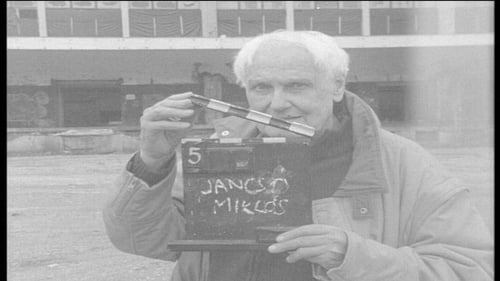
Reconstructions of unrealized Hungarian films in cooperation with the greatest Hungarian film directors.
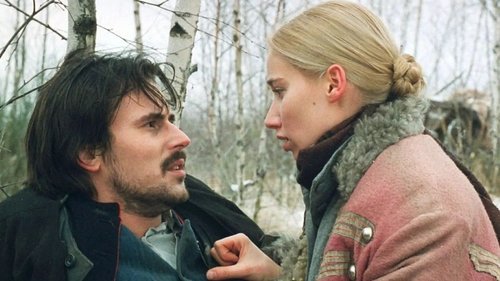
No description available for this movie.
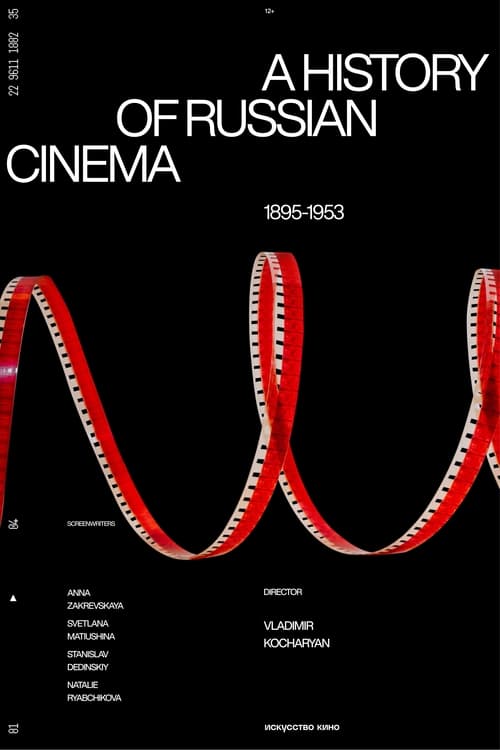
A two part documentary about the first five decades of Russian cinema: from its birth to 1953 - the death of Stalin and the first seedlings of the thaw. The film covers the most important milestones of cinema. Its introduction as a lowbrow entertainment, the impact of WWI and revolutions on the film process. The principal masters - Kuleshov, Vertov, Eisenstein - and their discoveries in film language at the turn of the 1920-30s. The arrival of sound. The evacuation of the Soviet film industry during WWII and the heroic work of the wartime documentary crews. Restricted film production and early signs of the thaw in the late 1940s - early 1950s. Film historians and art critics, directors and screenwriters put the history of cinema in a broader context, considering the path that the country took from Tsarist Russia to the totalitarian state under the rule of Stalin.
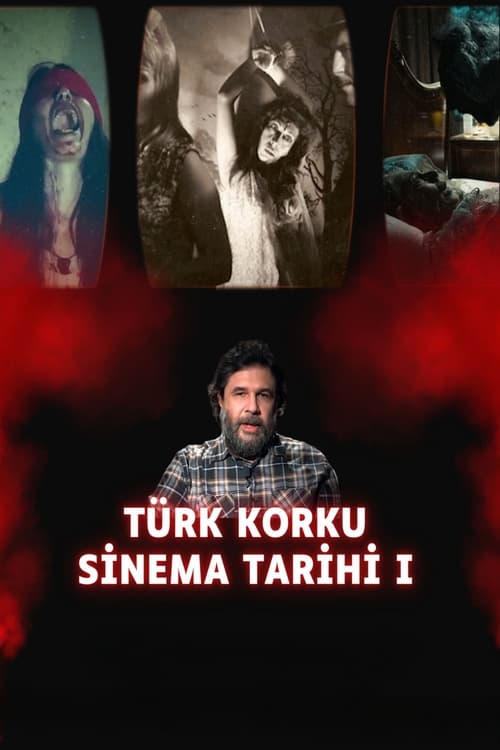
History of Turkish Horror Cinema tries to take the first step in explaining how horror cinema started in Turkey, what prejudices it strives to break, and how film directors, producers and screenwriters see horror cinema.

A satirical video for the History of Cinema course at A.U.Th.
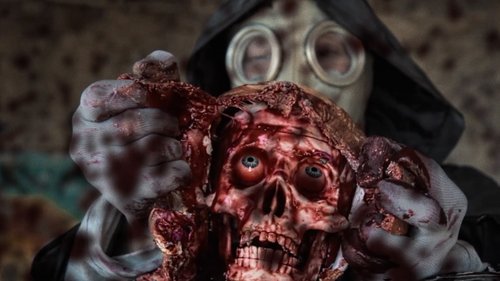
They have no experience, no resources, no knowledge, but when has this stopped sincere enthusiasts? A portrait of Russian pioneers of low-budget thrash horror — a genre that rarely comes into the focus of the general public's attention, which director Maxim Poltavchenko lovingly shows in all their grotesque and inventive variety.

A History of Israeli Cinema is the result of years of researches, studies, documentation, screening, interviews, some recorded, some to learn, to understand, to unfold. Actors, thinkers, producers, filmmakers, professors, critics negotiated to build a narrative that remains fragile and incomplete. It is the process rather than the result that is shared here.
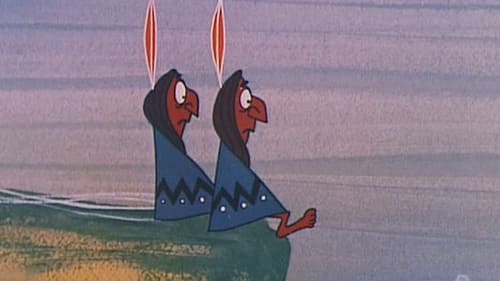
A humorously semi-factual account of the history of cinema.
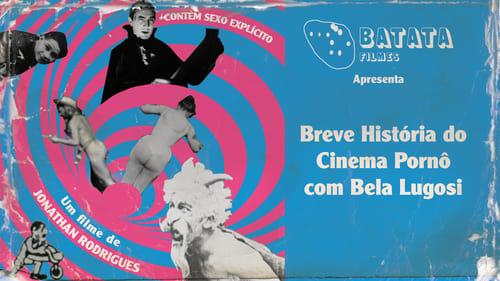
Bela Lugosi returns from beyond to present this documentary that investigates the origins of erotic and pornographic cinema, with uncensored images of surviving films, the first erotic films, explicit sex filmed in clandestinity, where they came from and who watched. A curious and interesting work of collages that is very informative.
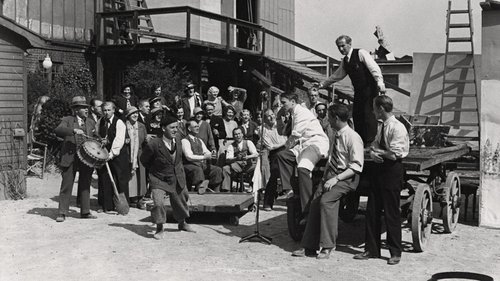
Documentary on the rise and fall of the Danish silent film industry.

French Animation has become the 3rd largest animation industry in the world. Inventors of a worldwide recognised technique, French artists have managed to stand out thanks to their perseverance and creativity.
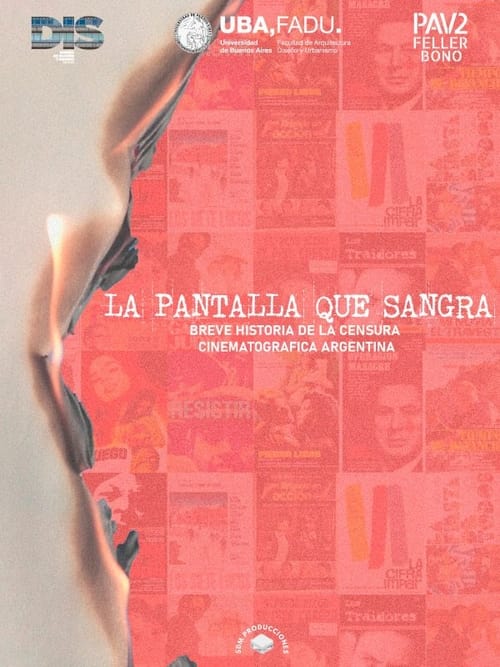
Based on a research process on the Entity of Film Rating, The Bleeding Screen: Brief History Of Argentinian Cinema Censorship explores Miguel Paulino Tato’s interventions in cinema and audiovisual media during his time as intervener in the 1960s and 1970s.

Explores how representations of transgender characters on screen often lack positive approaches.

An anthology of Marathi Cinema from 1885 to 1980.
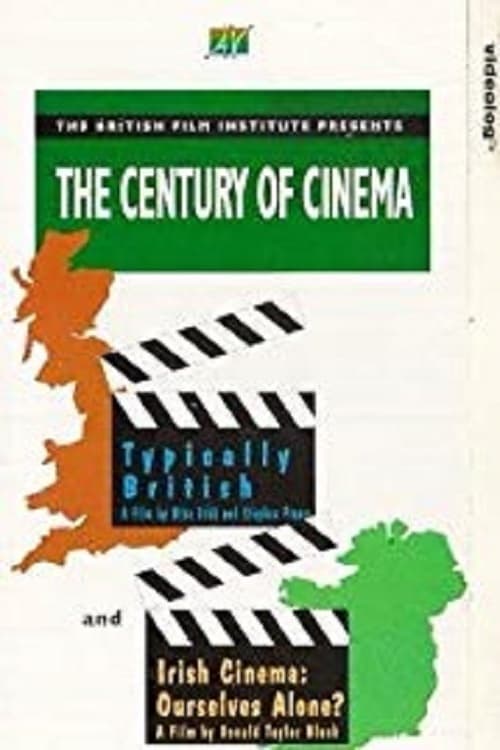
Stephen Frears and a quartet of film industry notables - representing different cinematic periods - drink tea and discuss ups and downs of British cinema.
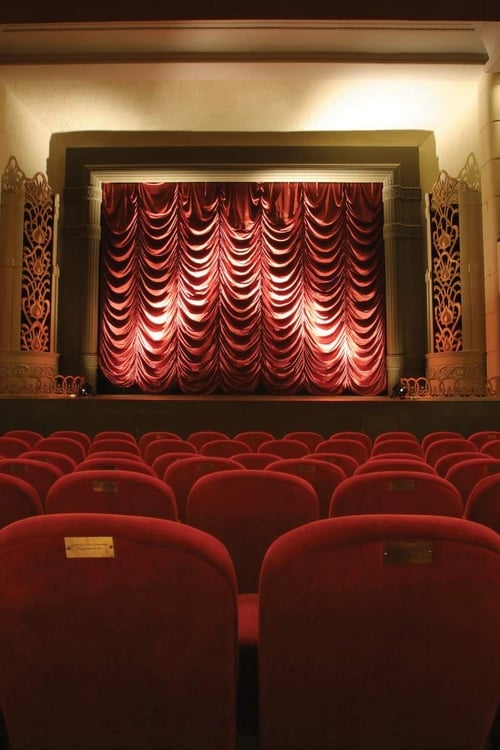
In 2017 Tyneside Cinema turned 80.

The Magic History Of Cinema is an international documentary showcasing magic and movies long continued history and explores how the origins of cinema are closely linked to the conjurors and illusionists of the early 20th century and how those ties continue with todays top filmmakers and magicians.
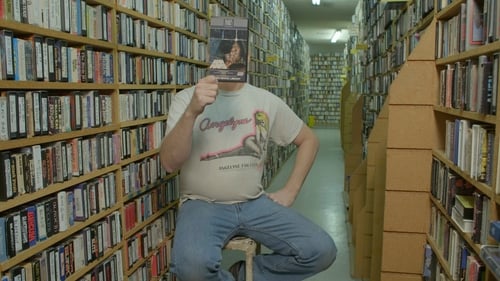
Using testimonies by pioneers and witnesses of the times, delve into the feverish visual culture the media generated – with far-fetched examples of canine television games, seduction manuals, aerobics class while holding a baby, among others.
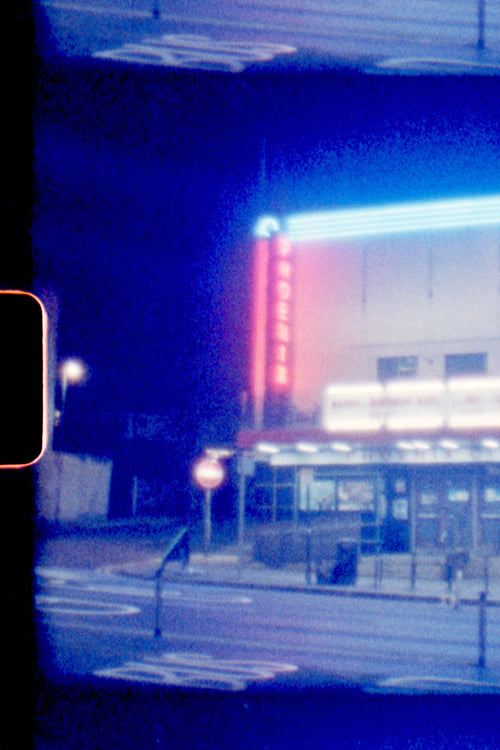
A fragmented collection of independent closed cinemas, in London during lockdown, captured on Super 8mm film.

The story of how Norma Jeane Mortenson became Marilyn Monroe (1926-62), a lucid path of self-discovery, from anonymity to stardom: the painful birth of a myth.

In 1974, Chilean-French director Alejandro Jodorowsky embarked on the quixotic project of adapting Frank Herbert's influential novel Dune (1969) for the big screen. After investing two years, and millions of dollars, the gigantic project ended in failure; but the artists Jodorowsky brought together to carry it out continued to work together, and ended up laying the foundations for modern science fiction cinema.

An enchanting making-of story told through all-new in-depth interviews and cast conversations, inviting fans on a magical first-person journey through one of the most beloved film franchises of all time.
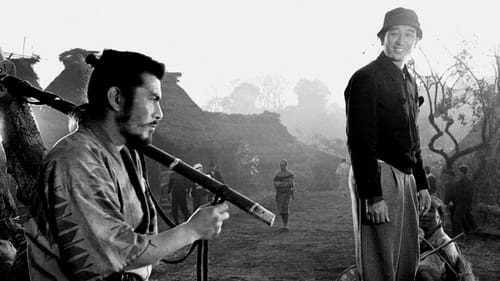
An account of the life and work of legendary Japanese actor Toshirō Mifune (1920-97), the most prominent actor of the Golden Age of Japanese cinema.
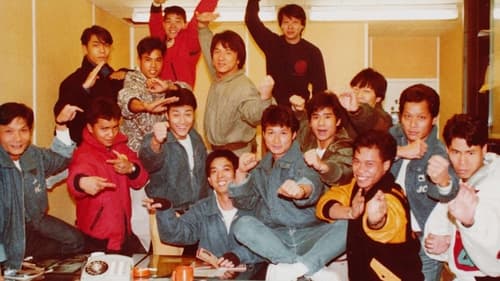
A new documentary film revisits the golden age of kung fu stuntmen and action directors in Hong Kong during the 1960s-'80s, exploring their pain and struggles. The documentary is a tribute to kung fu stuntmen. “They risked their lives for stunts,” said kung fu choreographer Yuen Bin. In their heyday, these stuntmen and choreographers presented the best, most creative and most complicated kung fu fight sequences anywhere in the world, creating stunts that looked seemingly impossible.
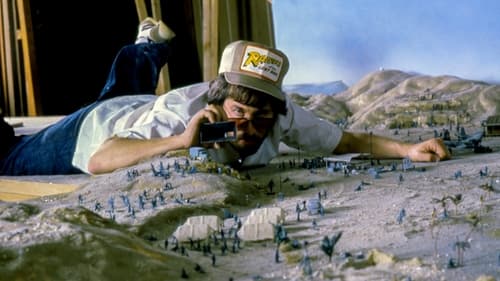
Hawaii, May 1977. After the success of Star Wars, George Lucas and Steven Spielberg meet to find a new project to work on together, the former as producer, the latter as director. The story of how the charismatic archaeologist Indiana Jones was born and how his first adventure, released in 1981, triumphed at box offices around the world.
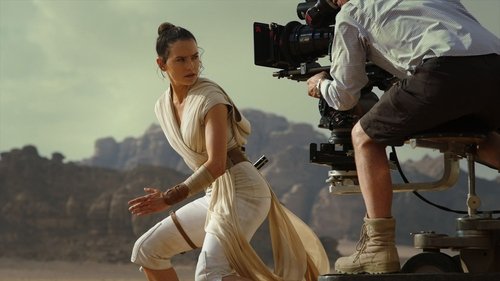
The story lives forever in this feature-length documentary that charts the making of Star Wars: The Rise of Skywalker.
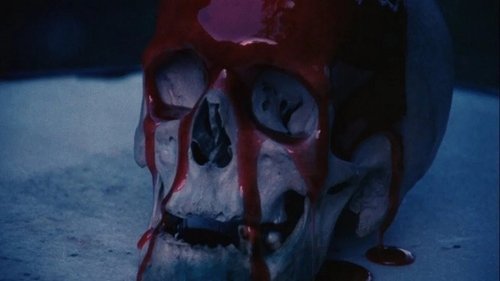
Spain, 1975. Franco's death opens the door to the possibility of uncensored cinema. After two years of relaxed censorship, it is abolished in 1977, and the “S” rating is created to protect viewers from films that may “offend their sensibilities.”
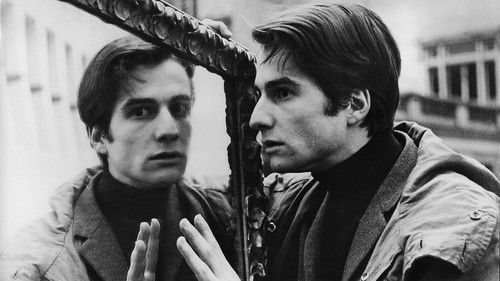
A portrait of the legendary actor Jean-Pierre Léaud, icon of the French New Wave and closely linked to the work of François Truffaut and Jean-Luc Goddard.
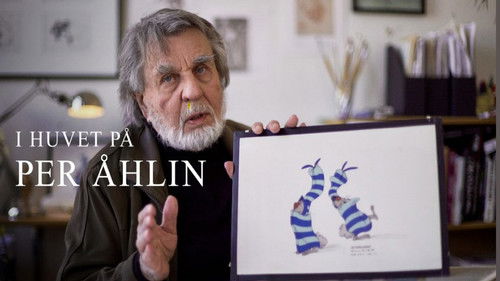
A portrait of Per Åhlin, who has been called the father of Swedish animation. Meet the man who created The Sagan om Karl-Bertil Jonsson's Christmas Eve, Dunderklumpen, Resan till Melonia and Hundhotellet, and who for decades had a close collaboration with Hasse & Tage.

Godard by Godard is an archival self-portrait of Jean-Luc Godard. It retraces the unique and unheard-of path, made up of sudden detours and dramatic returns, of a filmmaker who never looks back on his past, never makes the same film twice, and tirelessly pursues his research, in a truly inexhaustible diversity of inspiration. Through Godard’s words, his gaze and his work, the film tells the story of a life of cinema; that of a man who will always demand a lot of himself and his art, to the point of merging with it.
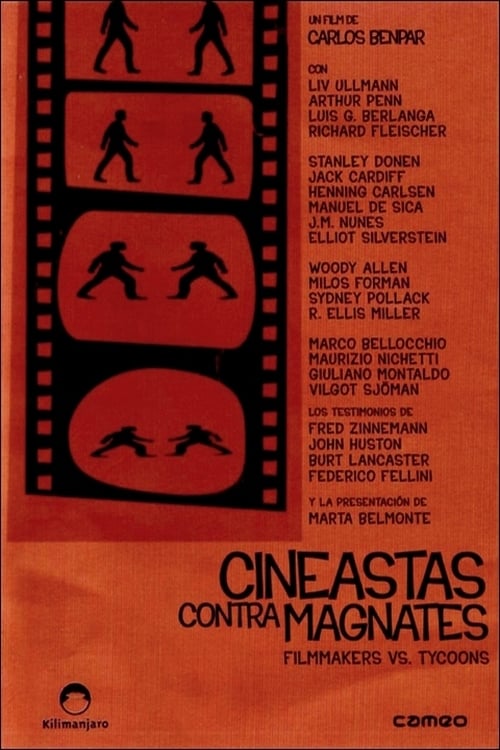
How the cinema industry does not respect the author's work as it was conceived, how manipulates the motion pictures in order to make them easier to watch by an undemanding audience or even how mutilates them to adapt the original formats and runtimes to the restrictive frame of the television screen and the abusive requirements of advertising. (Followed by “Filmmakers in Action.”)
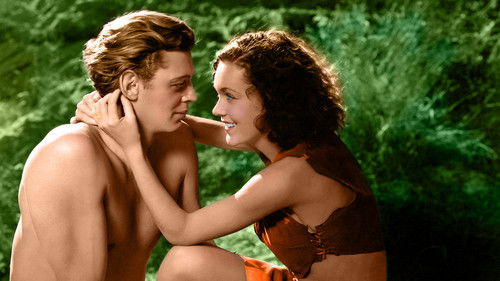
The glorious and tragic story of American athlete and actor Johnny Weissmuller (1904-84), Olympic swimmer, water polo player and the only true Tarzan, an archetypal character and myth of cinema, that of the original Hollywood blockbusters (1932-48).
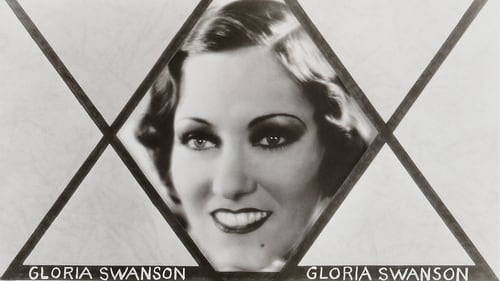
Pioneer filmmaker J. Stuart Blackton was intrigued by the idea of a film about the history of the movies as early as 1915. He finally released a 52-minute feature called The Film Parade that was shown in New York and favorably reviewed by "Variety" in 1933. He continued tinkering with the film for the rest of the decade, and later filmmakers and distributors used Blackton's footage for stock or to produce their own variously titled and truncated versions. -UCLA Film & Television Archive
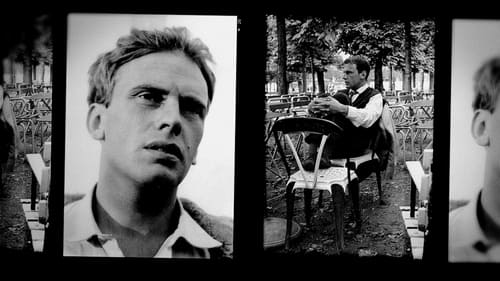
A portrait of a man of rare elegance and enigmatic charm, versatile and successful: Jean-Louis Trintignant, one of the most critically acclaimed French actors of the last sixty years, known for his numerous roles on stage and screen.
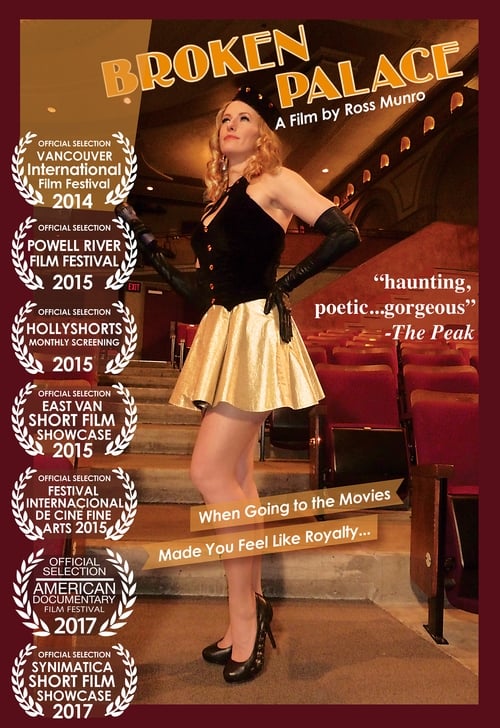
A short documentary about the rapidly disappearing era of heritage movie palaces and the film going experience once offered within those hallowed walls.
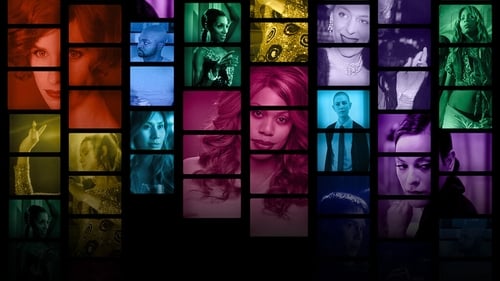
An investigation of how Hollywood's fabled stories have deeply influenced how Americans feel about transgender people, and how transgender people have been taught to feel about themselves.
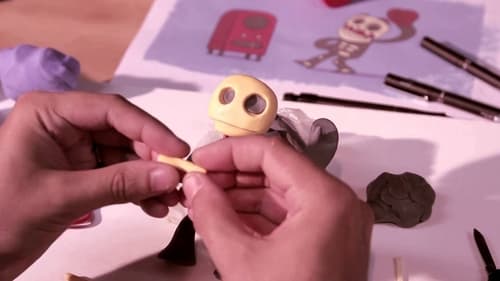
Nearly century-old history, Brazilian animation brings rich and stimulating stories and characters that built the path until nowadays.